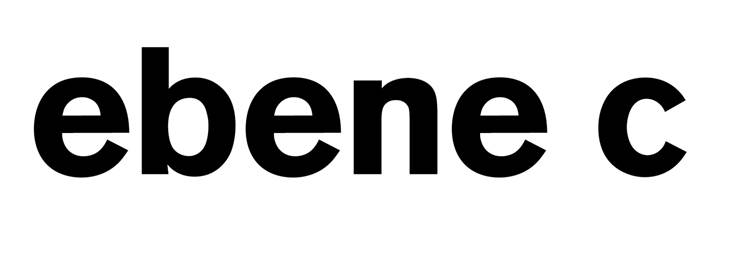New in leadership
/
Individual coaching
_Systemic consulting
_Competence development for acute crisis
_Development of long-term perspectives

Situation
Ms L. has been a middle-level manager for two months in an authority consisting of seven departments, 40 sub-departments with around 800 employees and 50 managers at various levels. In the first interview, the goal of the coaching process is worked out together with the client: Ms L. is currently having difficulties in managing her employees: She was herself a team member the year before and was then appointed to lead. This change of role is currently difficult for her, the consequence is that several employees do not follow her instructions. Attempts to find a solution have contributed to the deterioration of the mood in her team. With the help of the coaching, Ms. L. would now like to make an inner change of roles, conduct employee meetings more effectively and in a more targeted manner, learn to deal with increasing stress and time pressure better and to find and use her own resources for this purpose.
The approach
The coaching work of ebene c is characterized by the systemic approach: It is based on the basic assumption that a person is reflective and as an expert of his or her own life cannot be instructed, but has sufficient sources such as skills, experience, values, knowledge and resources to support problem solving. In doing so, he has no fixed characteristics, but behaves in a context-dependent or system-dependent manner. Thus, in systemic work no solutions are given or forced, but by means of various interventions the conversation is actively led and supposed certainties of Mrs. L. are questioned. Every view is valuable and for every question there is always more than just one way of solving it. level c creates a professional framework for this so that possibilities for change can be initiated. These are not planned, but grow from the situation itself. Mrs. L. is supported and accompanied in working out changes in behaviour that are beneficial to both her and the system in question. Thus, a change in the client system inevitably leads to a change in the entire system through the communicative interaction. Whether this change also has a positive effect on the overall system has to be tested by trial and error.
The process
In this case, the coaching process consists of 5 sessions, which take place at intervals of approx. 3 weeks, so that Ms. L. is accompanied for 4 months. The focus is initially on crisis intervention in order to be able to act quickly and is then supplemented by reflection on her leadership role and style. In the first step we deal with the problem that employees sometimes do not follow the agreements and instructions and discuss the interaction between Ms L.'s behaviour and the behaviour of the team. With the help of targeted questions and other systemic methods, we work out what a change in behaviour on the part of Ms L. might look like, which would serve her new leadership role and which would have a positive interaction with the team. To answer this question, Ms L. first needs clarity about structures and expectations, which is why we work with the organisation chart of the institution and then analyse the system in terms of internal communication - where and how does communication work? Where not? Why not? In the following session we will therefore work with the question of how she can contribute to a good atmosphere and a trustful, successful cooperation in the department. This involves clarifying the questions of how such a conversation should proceed, which topics are important and how it can positively shape the atmosphere of the conversation. After the first successful employee interviews, Ms. L. appears calmer and more relaxed in the fourth session of the coaching process - she now focuses on how she can better deal with increasing stress and time pressure and activates her own resources for this purpose. In the final session, we review the achievement of the process objectives, work out the coaching successes for Ms. L. and together define measures to consolidate the successful behavioural changes in the future.
The insight
Ms. L. sums up that in the last 4 months she had to deal with some predictable but also unpredictable issues - during the coaching process she had made decisions with more self-confidence and intuition and was thus able to make her new role in the team clear. The team perceived Ms. L. more clearly in her statements, according to the latest feedback from a member of staff. In addition, she is better able to work in a more relaxed and concentrated manner and therefore more efficiently. Should there be a need in the future, a new coaching process will begin.
